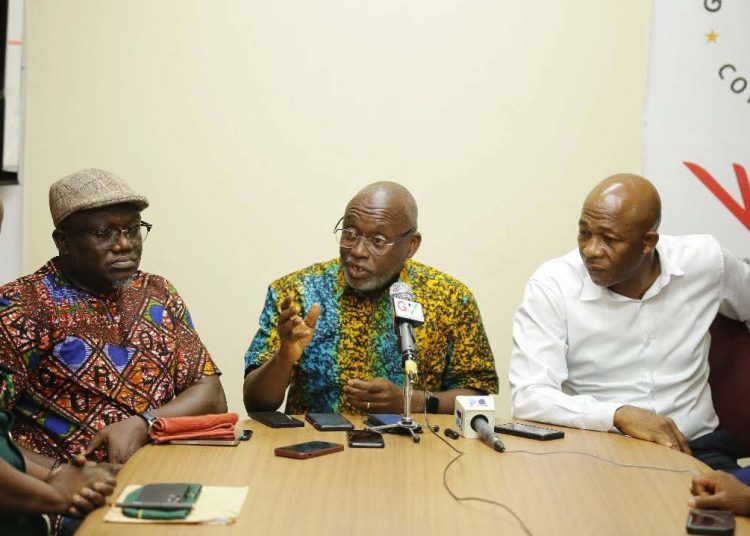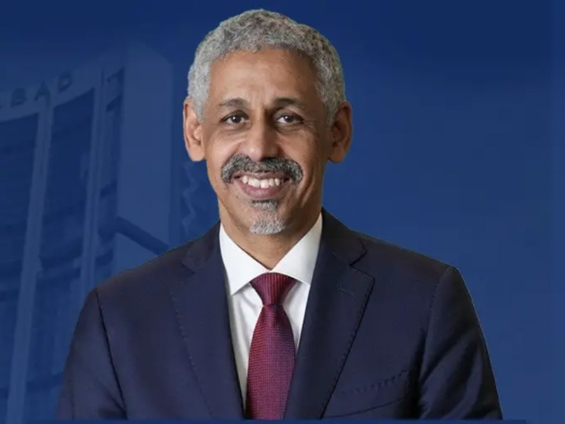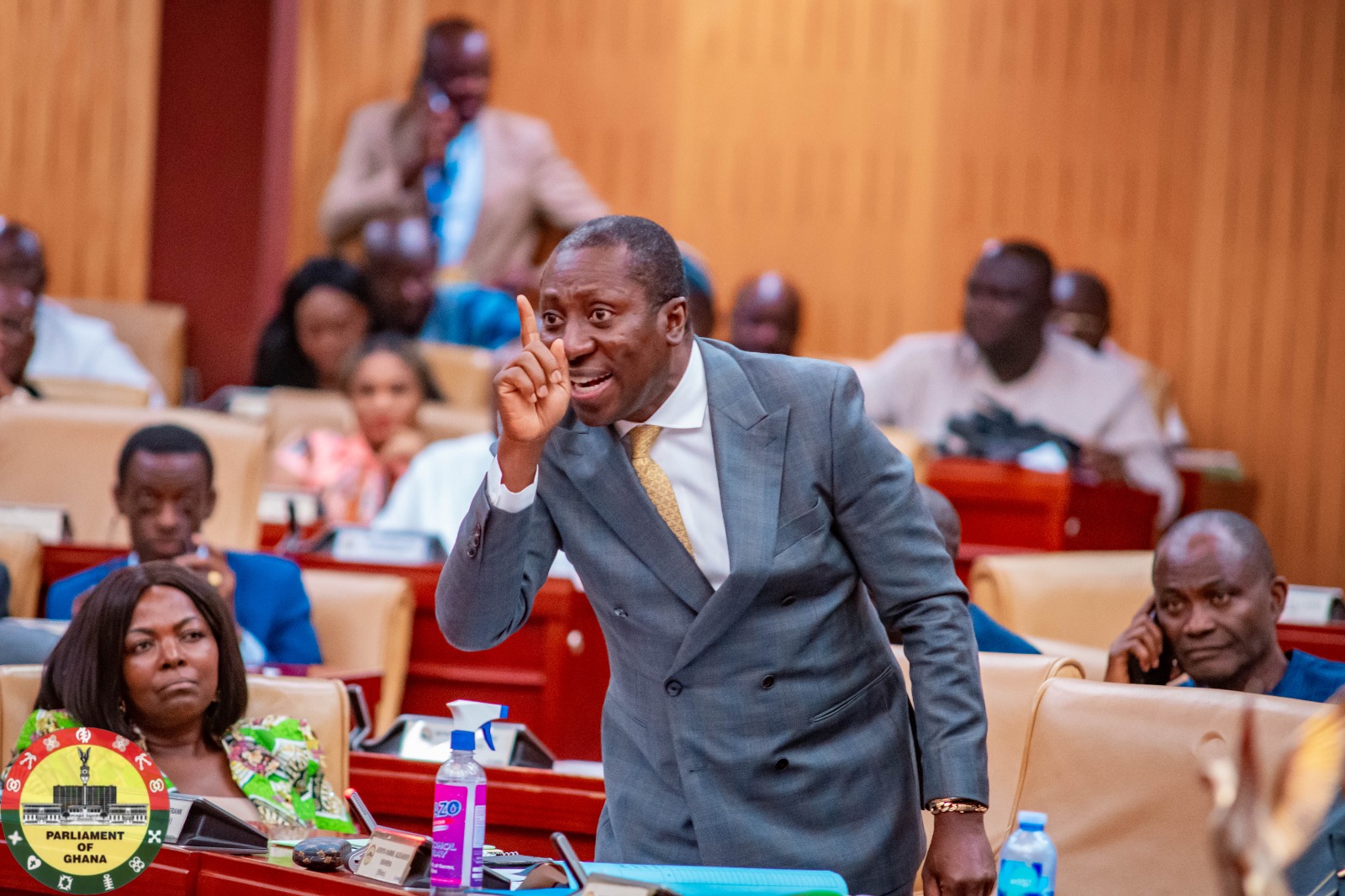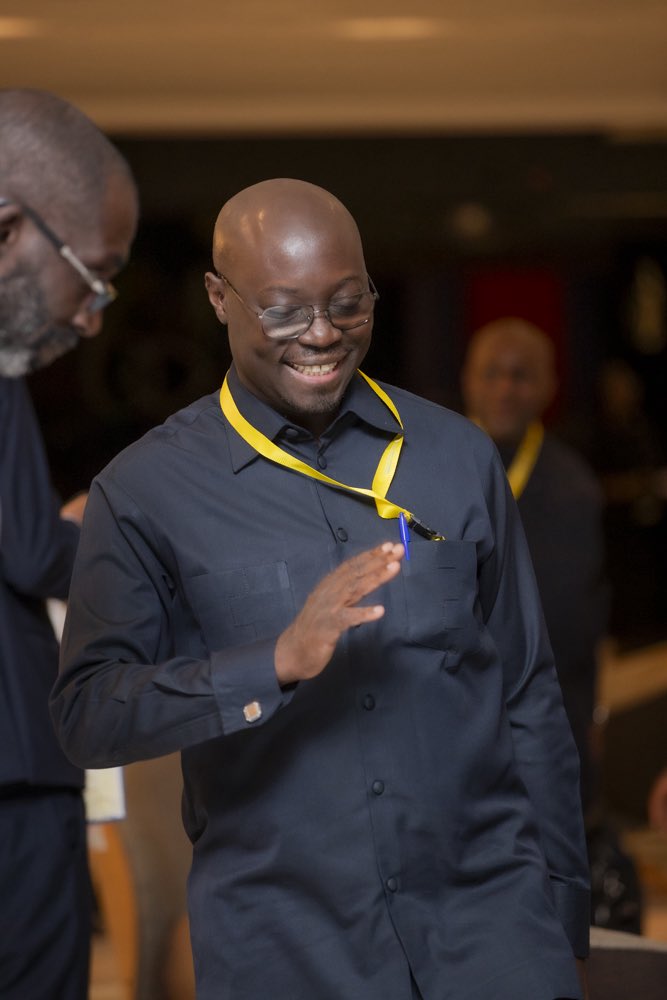In a bold move to boost the country’s export fortunes and regain lost ground in the European market, Ghana’s Ministry of Trade, Agribusiness and Industry is teaming up with the European Union to station EU-accredited inspectors at the country’s ports.
The initiative, led by Trade Minister Elizabeth Ofosu-Adjare, is aimed at ensuring that perishable exports such as vegetables, meet strict EU quality and safety standards before they leave Ghanaian shores. The minister described the move as a “game changer” in cutting down the number of goods rejected or destroyed upon arrival in Europe.
“This will drastically cut down on goods being rejected or destroyed on arrival in Europe, saving our exporters considerable costs,” she said, following talks with EU officials at a recent trade conference.
Ghana has faced serious export setbacks in the past. A 2014 EU ban on certain vegetables, including chillies, aubergines, and gourds, due to pest contamination concerns, cost the nation over $30 million in export losses. The scars from that episode still linger among many smallholder farmers and exporters.
To avoid a repeat, the new strategy will include comprehensive pre-shipment checks right at the source. EU inspectors, working closely with Ghanaian counterparts, will help identify any issues early, offering exporters a better chance of meeting European import requirements.
But it doesn’t stop at inspections. The government is also working on upgrading local laboratories to meet international sanitary and phytosanitary (SPS) standards. These labs will be tasked with running advanced tests to ensure export goods meet the increasingly stringent demands of global markets.
“We are committed to upgrading our local laboratories to meet international standards,” Ofosu-Adjare said, adding that the long-term goal is to make Ghana a reliable and competitive player in global agricultural trade.
Exporters and farmers alike are hopeful. With rising logistics costs and tightening EU regulations, the assurance of compliance before shipment could save millions, restore confidence, and open new doors across the European market.
For Ghana, a country with huge agricultural potential, this partnership with the EU is more than just trade diplomacy. It’s a step toward securing livelihoods, building trust, and strengthening the nation’s presence on the global stage.












